Our Work
Founded in 2014, the Center on Privacy & Technology is a leader at the intersection of privacy, surveillance, and civil rights.
Latest Work
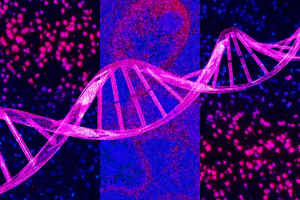
LA Times Covers “Raiding the Genome”
The LA Times covered our latest report findings from "Raiding the Genome: How the United States Government Is Abusing Its Immigration Powers to Amass DNA for Future Policing." In a front page article. Director of Research & Advocacy Stevie Glaberson was quoted "Even when people know what’s happening, they’re terrified to ask questions, they’re terrified to object, they’re terrified to refuse."

Fritz Fellow Simone Edwards Presents at Fritz Conference
The Center's 2023-2024 Fritz Fellow Simone Edwards presented, along with the Massive Data Institute team, at the annual Fritz Conference. Simone presented on her work as part of the Fritz team during the 2023-2024 school year. She discussed her work digesting documents disclosed in response to the Center's FOIA requests, as well as the strategic corporate research she conducted to learn more about the companies and individuals behind the technologies police departments were buying, specifically probabilistic genotyping programs.
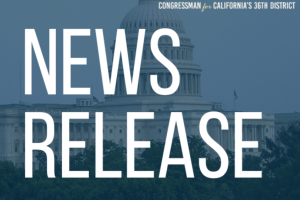
Statement: Support of the Facial Recognition Act of 2023
Congress proposed a bill to regulate police use of face recognition. Executive Director Emily Tucker made a statement in support of the bill. "The Facial Recognition Act of 2023 takes a powerful stand against the spread of surveillance policing in the United States. As the movement to ban facial recognition builds across the country, Congressman Lieu's bill would set a solid federal floor to limit the harms of this corrupt technology in our communities. With a clear non-preemption statement, a private right of action, strong limits against integrating facial recognition with other surveillance databases and a prohibition on using facial recognition on protestors or for immigration enforcement, this legislation would make it more possible for people harmed by facial recognition to organize against it.
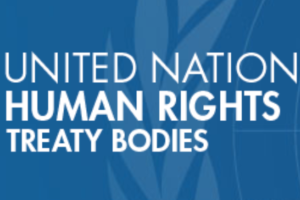
Submission to the United Nations Human Rights Committee
The Center on Privacy & Technology and the International Justice Clinic at UC Irvine Law co-authored a report submitted to United Nations Human Rights Committee arguing that ICE’s dragnet surveillance practices amount to an egregious violation of human rights law, and of US obligations under the ICCPR, specifically under Article 17 which guarantees the right to privacy as a fundamental human right and requires that any state interference with privacy be proscribed by a specific, accessible law, necessary to pursue a legitimate purpose, and proportionate to that purpose. Our report prompted a Human Rights Committee member (Prof. Soh) to show his concern about ICE's dragnet surveillance and asked US delegates, essentially, how the US ensures ICE's practice complies with ICCPR and when the US will legislate federal data privacy law. The Committee’s Concluding Observations on the fifth periodic report of the United States of America explicitly calls out ICE for surveillance practices that conflict with human rights law. This adds international pressure on ICE to stop dragnet surveillance.

Reason: TSA’s Facial Recognition Tech Raises Questions About Bias and Data Security
Justice Fellow Meg Foster was quoted in Reason about TSA's face recognition pilot program: "Whenever there is a power imbalance between powers, consent is not really possible," says Foster. "How does TSA expect them to see and read an inconspicuous notice, let alone tell a TSA agent they want to opt out of face recognition? Especially if it may not be clear to them what the consequences of opting out will be."

CBS: TSA Beginning Face Recognition Pilot Program Despite Privacy Advocates’ Concerns
Justice Fellow Meg Foster spoke with CBS about the TSA face recognition pilot program: "With regard to the TSA pilot, Foster said she has concerns that while the agency says it's not currently storing the biometric data it collects, what if that changes in the future? And while people are allowed to opt out, she said it's not fair to put the onus on harried passengers who might be worried about missing their flight if they do."
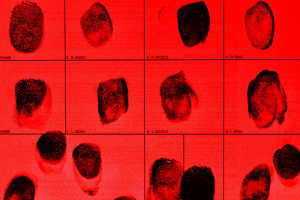
Wired: ICE Records Reveal How Agents Abuse Access to Secret Data
Executive Director Emily Tucker and Associate Nina Wang were quoted in a Wired article revealing how ICE agents have regularly abused their access to surveillance databases, conducting unauthorized searches of exes and coworkers and on behalf of family and neighbors. The article also quotes the Center's report, American Dragnet: Data-Driven Deportation in the 21st Century, which showed that these databases enable ICE "to pull detailed dossiers on nearly anyone, seemingly at any time." “All of that access to bulk data leaves the door wide open for misconduct,”said Wang.
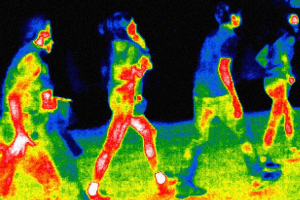
WIRED: ICE is Grabbing Data from Schools and Abortion Clinics
Executive Director Emily Tucker was quoted in WIRED for an article about ICE surveillance. Tucker said, "I can’t help but feel that the federal government is using ICE as a data vacuum. They are looking for any way to access and integrate all kinds of data into massive databases."
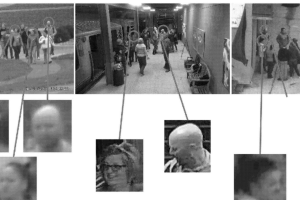
Gizmodo: The FBI Tested Facial Recognition Software on Americans
Justice Fellow Meg Foster was quoted in a Gizmodo story by Mack DeGuerin about a government face recognition program recently exposed through documents obtained by the ACLU. “While Janus may have ended, these documents demonstrate that the prevailing approach to surveillance technology is to put the cart before the horse, and given the growing number of wrongful arrests stemming from face recognition, we know that the most vulnerable among us will experience the consequences first and hardest,” Foster said.
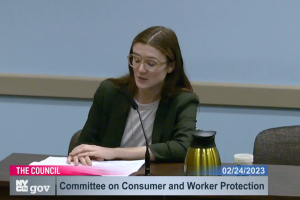
Testimony Before the NYC Council Committee on Consumer and Worker Protection
Justice Fellow Meg Foster testified before the NYC Council Committee on Consumer and Worker Protection advocating for a complete ban on facial recognition technology.
